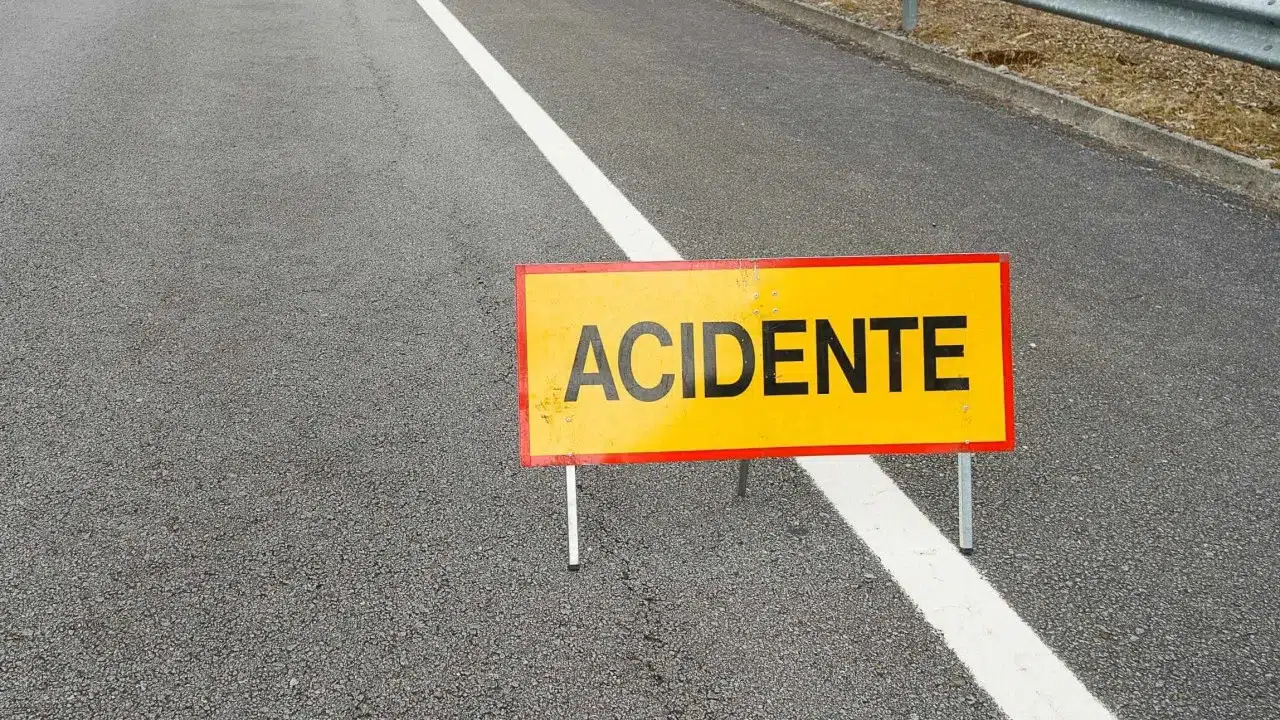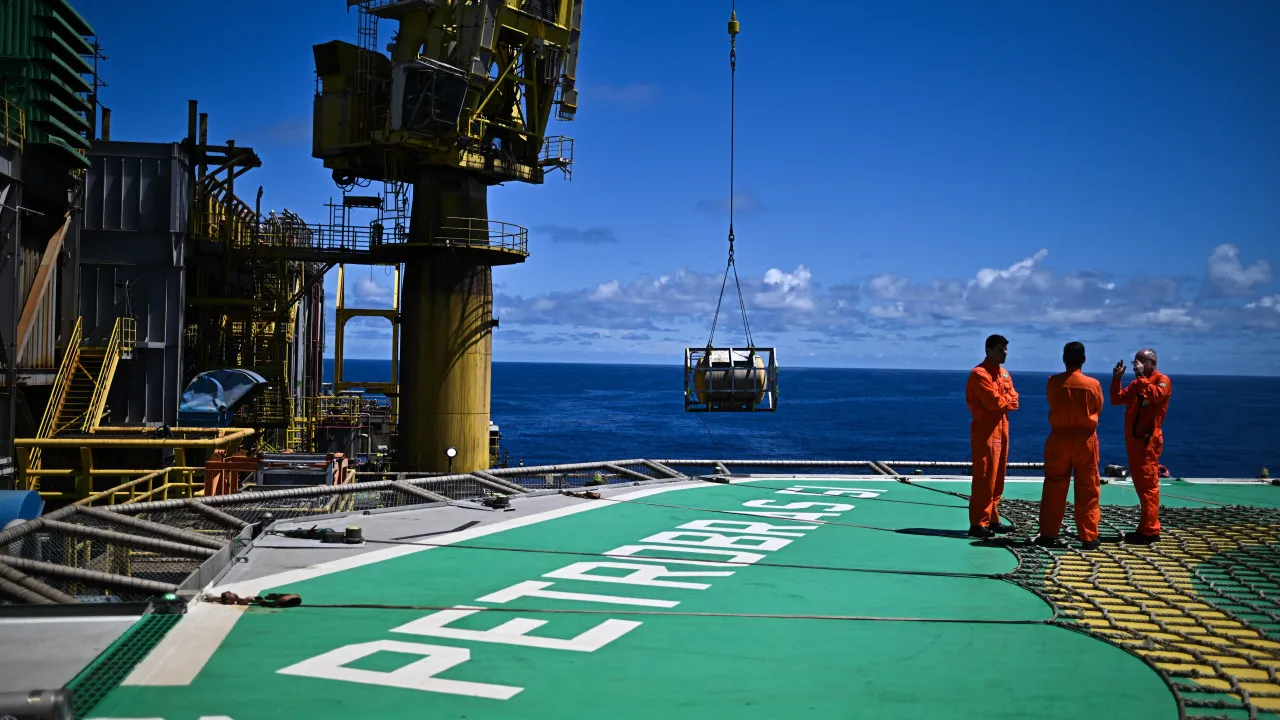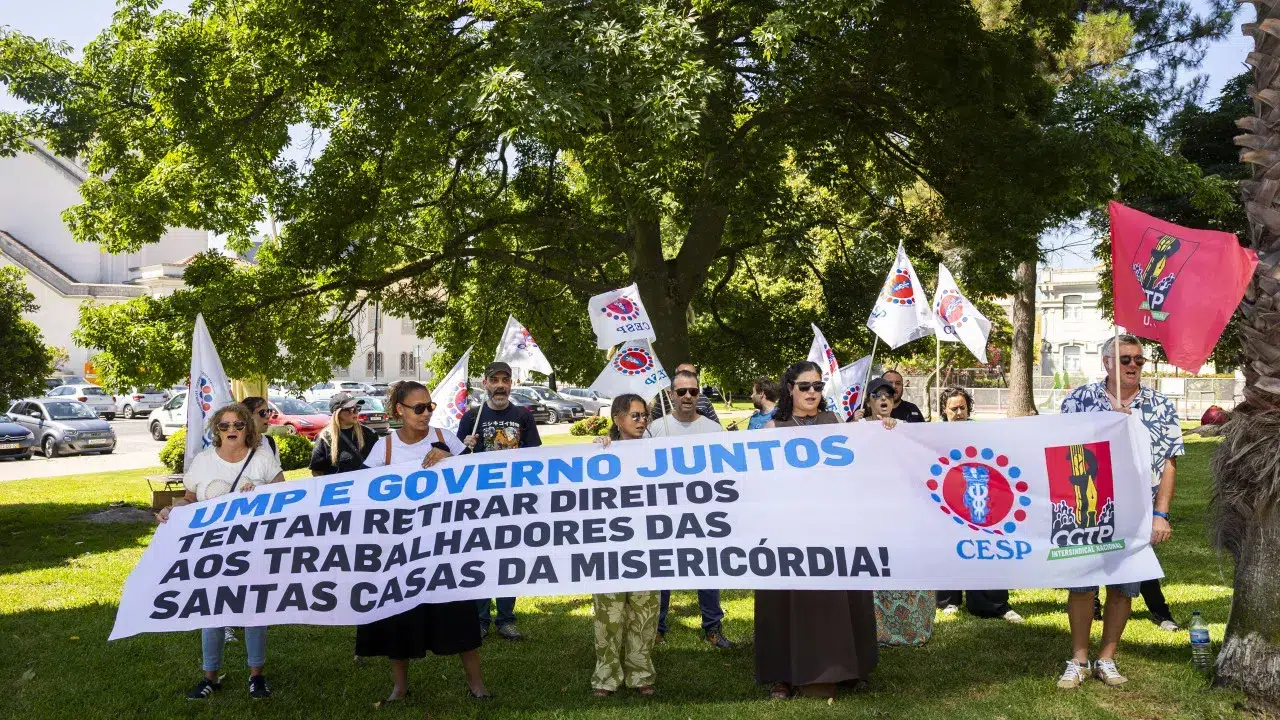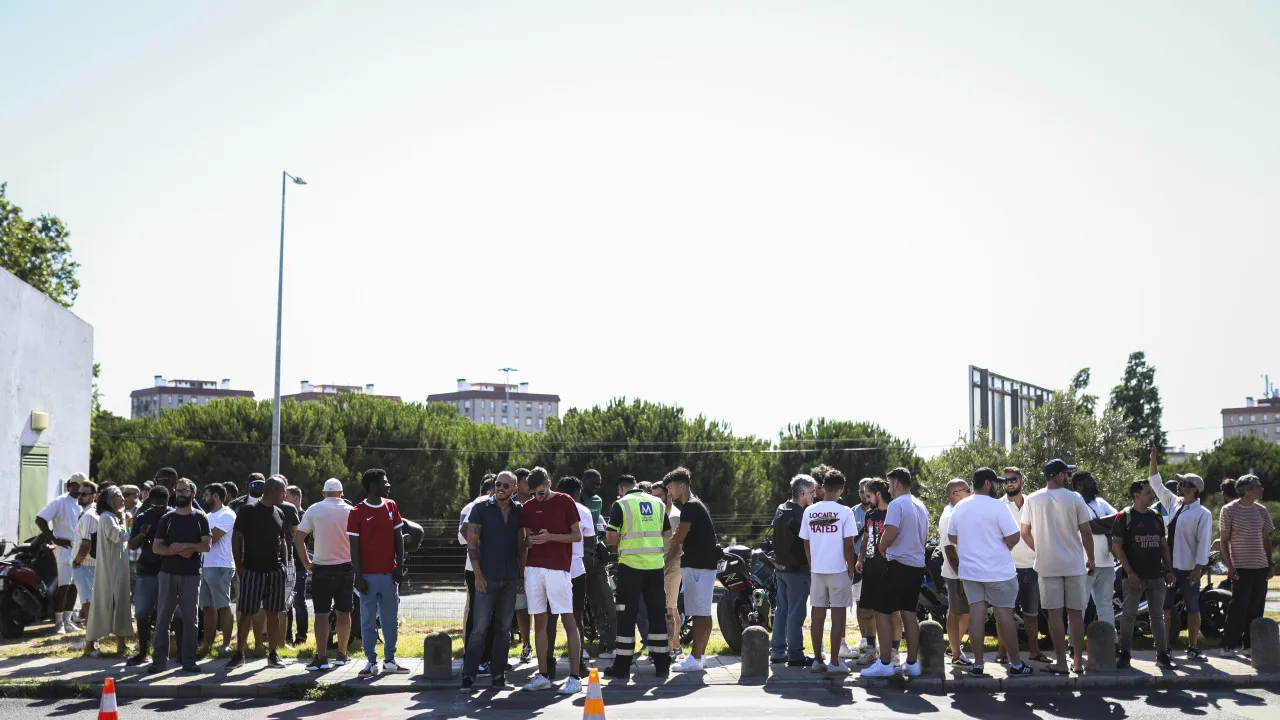
“We appeal to the Prime Minister and the Government to adopt immediate and direct support measures for small producers who have been in a difficult situation for two years, which has become very challenging over the past year, now reaching a social breaking point. It is crucial for the Government to show sensitivity,” stated José Luís Carneiro.
Speaking to Lusa news agency late this morning, after spending over two hours listening to wine producers at Casa do Douro in Peso da Régua, Vila Real district, Carneiro highlighted the challenges faced by these producers in selling their grapes over the last three years.
After hearing their testimonies, Carneiro, a socialist, acknowledged the Douro region is experiencing a “particularly difficult” period, with people and small farmers “going through moments of deep bitterness.”
“We commit to bringing a structured recommendation to the Assembleia da República, with a set of immediate proposals as well as medium- and long-term solutions,” he added.
The meeting, which included active participation from producers, addressed various problems and solutions. One of the most frequently cited issues was that the price of grapes has “been below production costs, making it unsustainable.”
The producers noted that the Douro has been “withering year by year,” and that over the past three years, the situation has become “very serious economically, socially, and emotionally, as these are life projects and government-incentivized investments that are failing.”
“If it was unsustainable a year ago and the fight was for survival, what will the harvest be like this year? We all know what follows survival,” emphasized one producer.
The Douro “is not just a regional issue, it is a national problem, and being a demarcated region and a World Heritage site, it is also a European issue,” they argued.
Among the proposed solutions was the amendment of the irrigation law, “which came into effect in 2019, allowing irrigation, but only large entrepreneurs take advantage,” and the repeal of decree law 173, which prevents distillation for use in Port wine, “even though it was this brandy that made Port wines so special and distinct.”
One producer suggested creating an observatory to “monitor the price of Douro grapes, which varies in its different regions,” and noted that, “strangely, producers do not know what price is being practiced.”
Carneiro pledged to include these solutions in the recommendation he will present to the parliament, as well as other measures such as the immediate release of funds by the Ministry of Finance for the promotion campaign of the Institute of Douro and Port Wines (IVDP).
The labeling of bottles should also be “revised to make the origin of the grapes clearer, both to promote and protect producers, and to inform consumers about what they are drinking.”
Immediate measures also include “monitoring of wines and musts.”
Carneiro also aims to establish “medium- and long-term support mechanisms for older farmers” to “ensure a transition of crops to safeguard lives and dignity.”
He advocated that the Douro “is one of the regions where adopting a territorial development pact, integrating a diverse range of measures related to infrastructure, income, vocational training, and tax measures, is justified.”
An absence notably perceived and highlighted by producers was that of Viseu district representation, which includes 10 councils affiliated with the Douro South region. Carneiro attributed this absence to “unavoidable commitments,” but noted that the deputy is part of the team working for the Douro in parliament.
The group, which organized today’s meeting, includes deputies elected by the Socialist Party from the four districts encompassed by the Douro wine region: Viseu (Armando Mourisco), Vila Real (Rui Santos), Bragança (Júlia Rodrigues), and Guarda (Aida Carvalho).




